Indian banks facing dwarfism on every parameter as per Economy survey
By MYBRANDBOOK
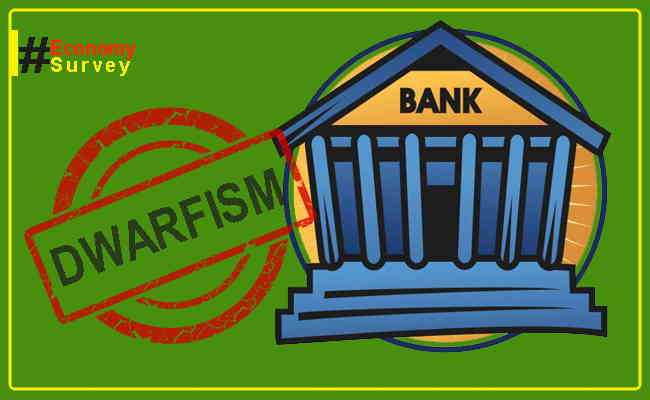
A survey conducted by the Economic Survey has made it clear that while Rs 4.3 lakh crore of taxpayers’ money has gone into PSBs, every rupee invested has lost 23 paise as on 2019, describing Indian banks as suffering ‘dwarfism’, with only one bank in the top 100, while six are needed for an economy like India’s size.
PSBs should be asked to share corporate data among themselves through a GSTNlike entity (PSB network) and undertake analytics of the data using Fintech. PSB employees should hold stake through Employee Stock Option Scheme across all levels. “Part-ownership of PSBs by employees will reduce agency problems.
Assessing the performance of government banks after completion of 50 years of nationalisation in July 2019, the government’s report card on the economy said on every performance parameter ‘PSBs are inefficient compared to their peer groups’.
As of January 2020, every rupee of a taxpayer’s money invested in PSB is fetching a market value of Rs 71 paise. As against that every rupee invested in a private bank fetches a market value of Rs 3.7, which is five times the return in PSBs.
According to the report, if the market-to-book ratio of each PSB becomes equal to that of the second-worst new private bank, the improvement would gain the government Rs 9.1 lakh crore, which is about 8.5 times the disinvestment budget for 2019.
Highlighting the importance of banks, the survey said historically the top-five economies have always been supported by their banks. “India becoming a $5-trillion economy will require at least eight Indian banks to be large enough to belong in the top 100 globally.” However, credit growth in PSBs has been sluggish, largely because of their large stock of bad loans. In 2019, PSBs reported gross non-performing assets (NPAs) of Rs 7.4 lakh crore, which is 11.9% of their loans. “NPAs of Indian banks, particularly PSBs, could have been prevented if data and analytics were employed in corporate lending.”
While there have been arguments of the social impact of bank nationalisation, the survey said there have been multiple factors at work. Noting that rural branches have increased 10-fold and credit to rural areas rose 20-fold in the first decade after nationalisation; it said some caution is necessary in interpreting the above trends as being entirely caused by nationalisation.


Legal Battle Over IT Act Intensifies Amid Musk’s India Plans
The outcome of the legal dispute between X Corp and the Indian government c...

Wipro inks 10-year deal with Phoenix Group's ReAssure UK worth
The agreement, executed through Wipro and its 100% subsidiary,...

Centre announces that DPDP Rules nearing Finalisation by April
The government seeks to refine the rules for robust data protection, ensuri...

Home Ministry cracks down on PoS agents in digital arrest scam
Digital arrest scams are a growing cybercrime where victims are coerced or ...

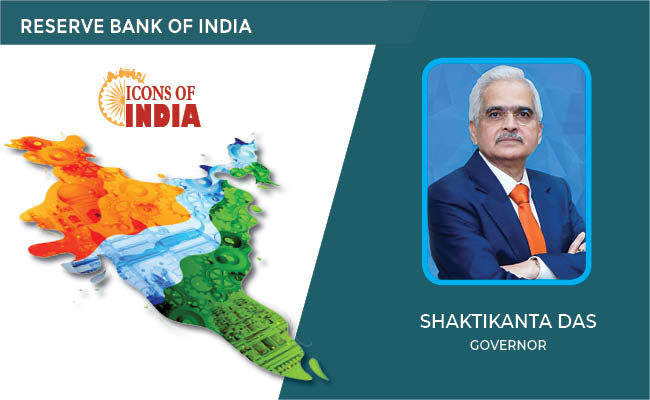
SHAKTIKANTA DAS
Shaktikanta Das is serving as the current & 25th governor of the Reser...
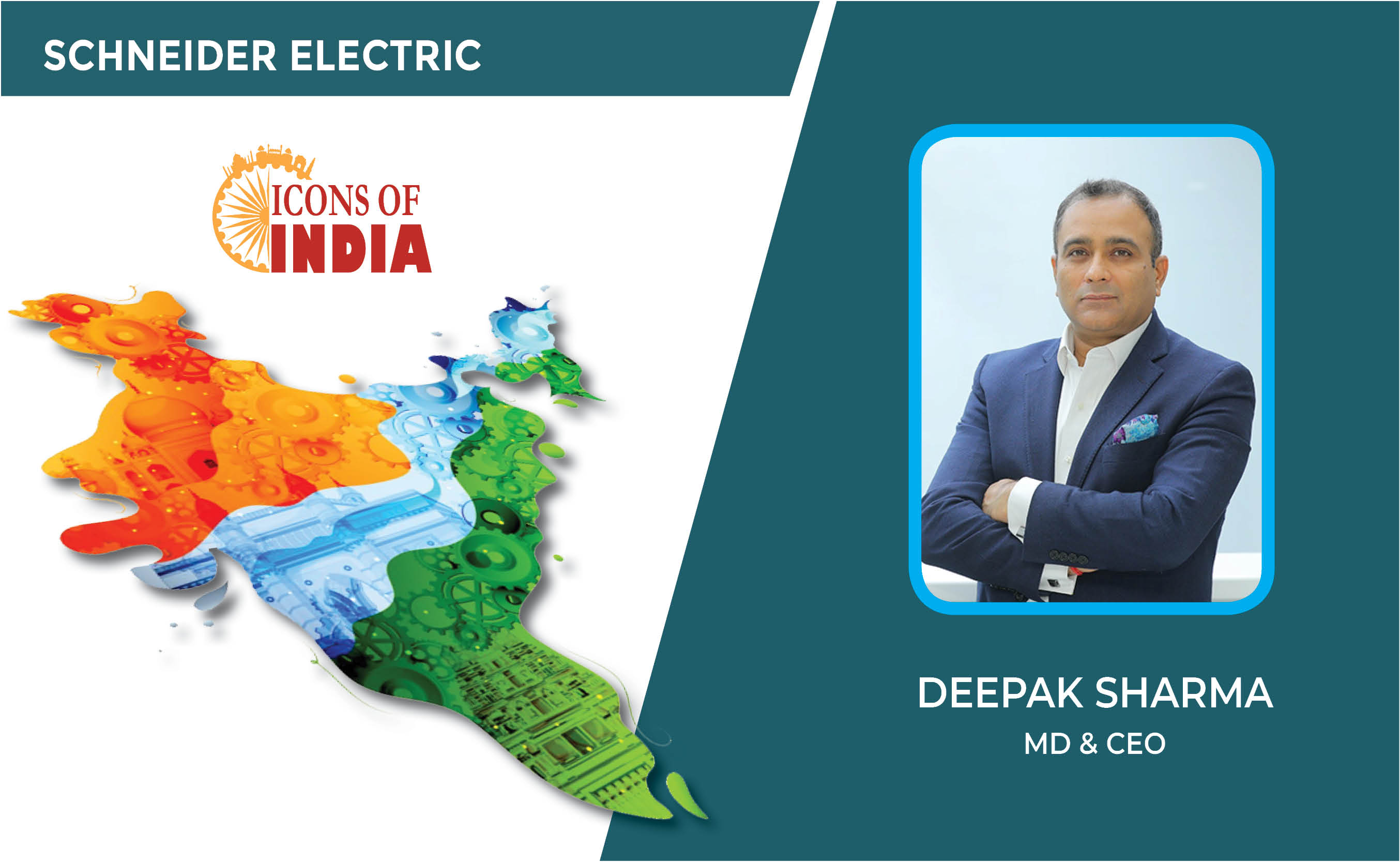
Icons Of India : Deepak Sharma
Deepak Sharma spearheads Schneider Electric India. He brings with him ...
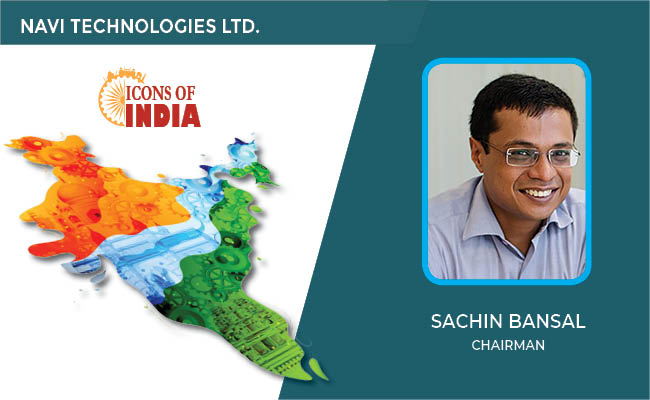
ICONS OF INDIA : SACHIN BANSAL
Sachin Bansal is an Indian entrepreneur. He is best known as the found...

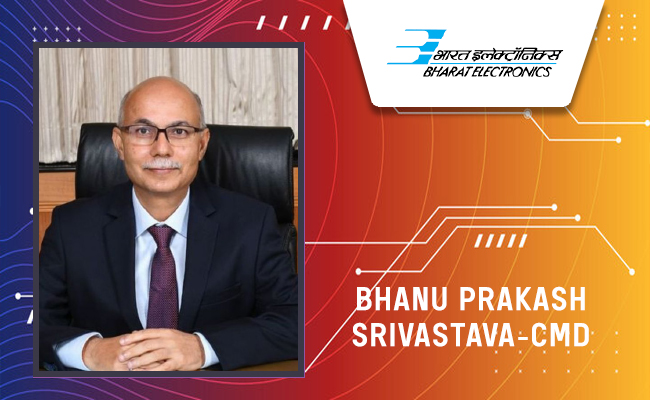
BEL - Bharat Electronics Limited
BEL is an Indian Government-owned aerospace and defence electronics co...

PFC - Power Finance Corporation Ltd
PFC is a leading financial institution in India specializing in power ...
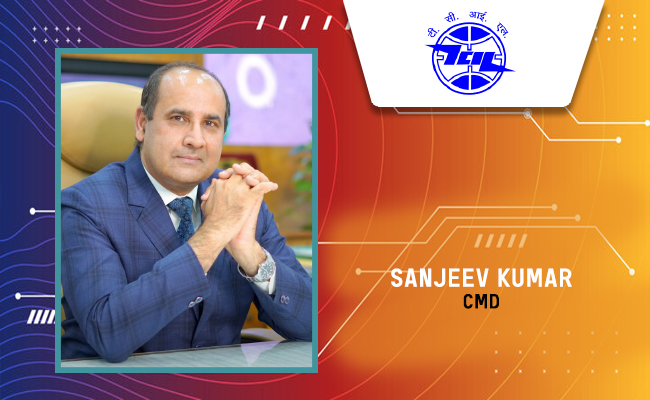
TCIL - Telecommunications Consultants India Limited
TCIL is a government-owned engineering and consultancy company...

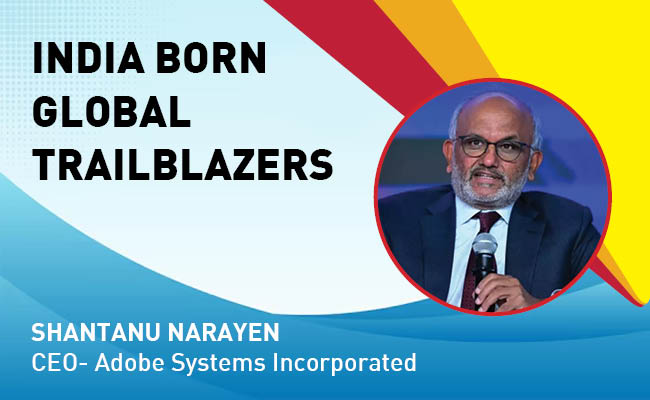
Indian Tech Talent Excelling The Tech World - Shantanu Narayen, CEO- Adobe Systems Incorporated
Shantanu Narayen, CEO of Adobe Systems Incorporated, is renowned for h...

Indian Tech Talent Excelling The Tech World - NEAL MOHAN, CEO - Youtube
Neal Mohan, the CEO of YouTube, has a bold vision for the platform’s...
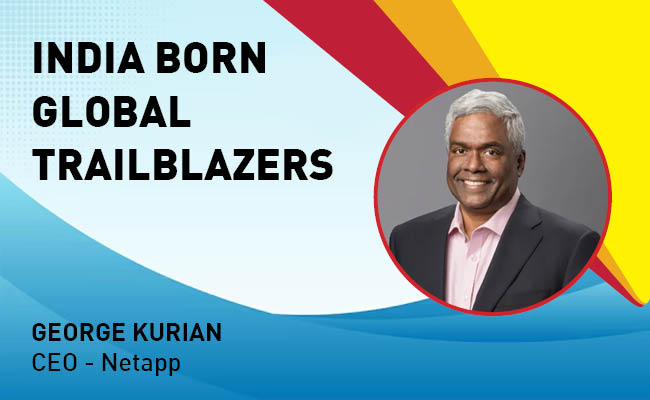
Indian Tech Talent Excelling The Tech World - George Kurian, CEO, Netapp
George Kurian, the CEO of global data storage and management services ...
 of images belongs to the respective copyright holders
of images belongs to the respective copyright holders